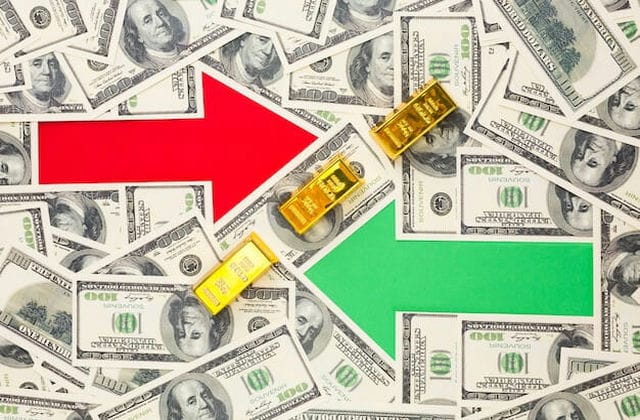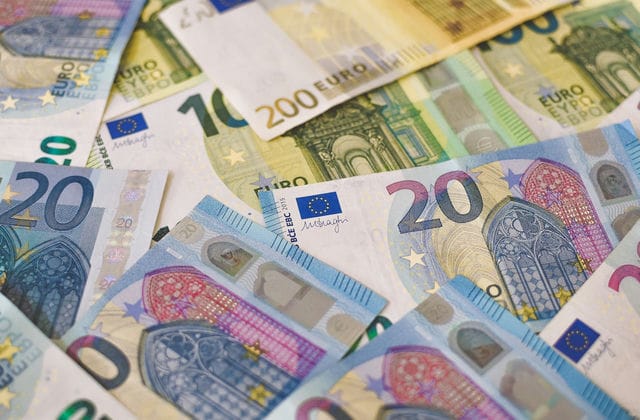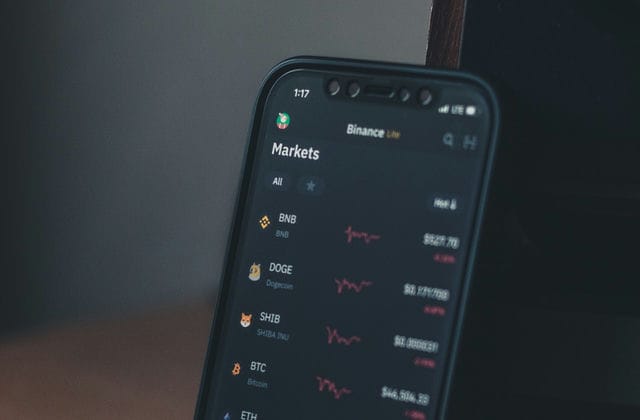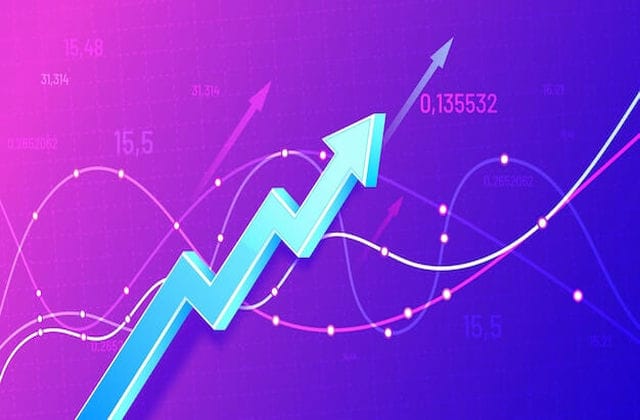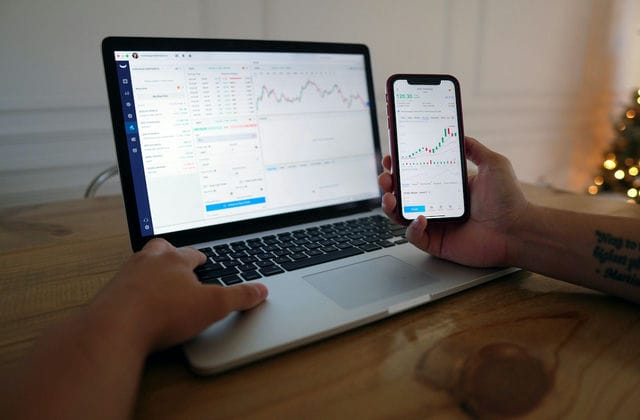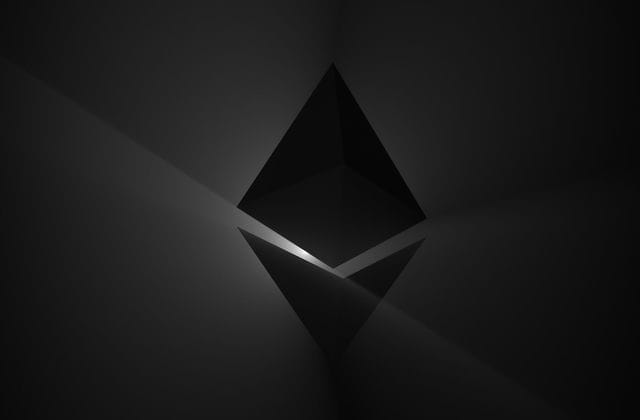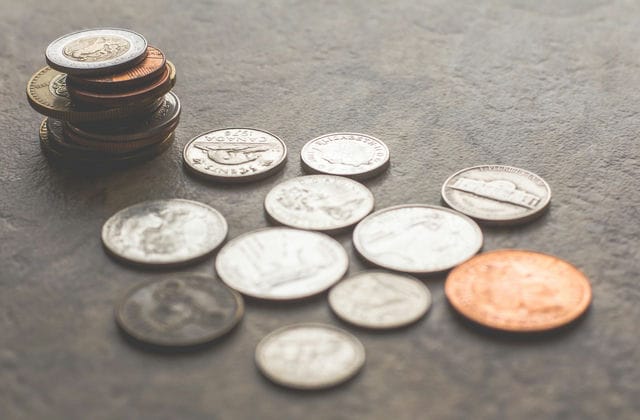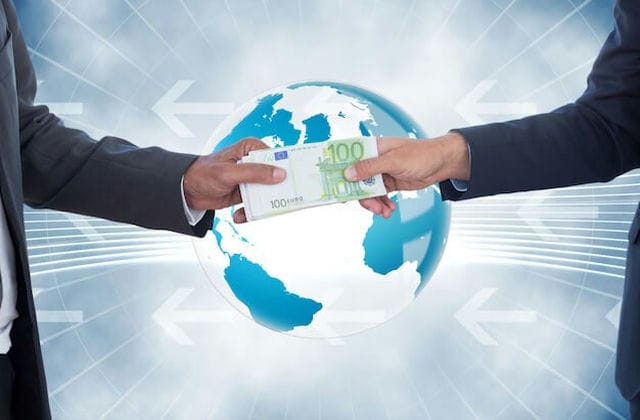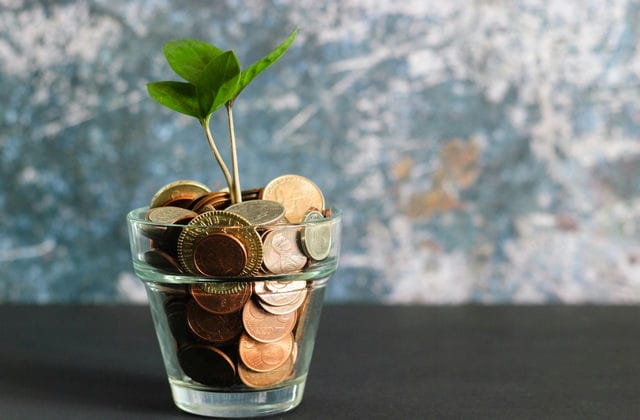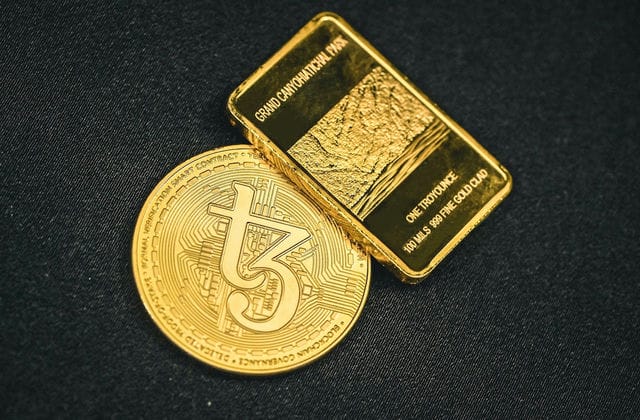Since it was introduced to the world in 2008, blockchain has become an increasingly popular buzzword among businesses across a wide range of industries. There is widespread appreciation for the technology, with many believing it has the potential to have the same phenomenal impact on the world as the internet did.
However, at the moment it seems that many people are only praising blockchain because of the hype and popularity - few realize why and how it could one day change the world.

There are still many people who don't understand what blockchain actually is and even in those blockchains it is still relevant to cryptocurrencies all the time - and why not? Even on Forbes' website, "crypto and blockchain" appears under "money". When Satoshi Nakamoto's mysterious name first appeared on the scene, the technology was born as a public ledger of transactions for Bitcoin.
Escaping the crypto current
Those who associate blockchain with cryptocurrencies can certainly be forgiven. At this point, while blockchain still has relatively few use cases outside of its digital asset roots, this connection between cryptocurrencies and blockchain is likely to continue.
For cryptocurrencies, the main benefits of blockchain technology are increased transparency of transactions by facilitating them without any third party intervention, and more accurate tracking of these movements. These are, of course, desirable for crypto traders when compared to a tightly regulated fiat currency system.
However, these benefits may proliferate further than the financial sector. blockchain's distributed ledger will eventually provide this transparency, tracking and ease of use for a variety of applications outside of finance, and once it is eventually adopted, the opportunities for its use will be limitless.
The basic purpose of blockchain
When the Internet first entered the world in 1991, few people cared about this new invention. By the summer of 2001, the technology had reached a cumulative total of 513 million users worldwide, representing 8.6% of the global population at the time. This number has grown exponentially and today there are 4.176 billion digital users worldwide. In less than 30 years, the internet has gone from nothing to an integral and vital part of society - so much so that the United Nations has even declared Wi-Fi a human right.
Blockchain has been around for a decade, and while it is not yet on the scale of the internet on a massive scale, millions of dollars are pouring in to unlock the technology and many believe that blockchain will enjoy the same level of success as the internet.
But if a global surge in blockchain use is imminent, why is there such a low level of understanding and acceptance of the technology?
It is important to understand the nature of blockchain. A common mistake is to assume that blockchain is a disruptive technology - one that can be used to reinvent existing business solutions to improve the profitability of businesses.
It's much bigger than that. Blockchain is fundamental. It will not only revolutionize business solutions, it will revolutionize the rules of the game.
The potential is limitless
Despite the naysayers, the future of blockchain is indeed bright. It could happen in the next five years, or it could take decades, but one day blockchain will be integrated globally and it will be hard for anyone to predict its limits from there.
Many believe that blockchain itself will make a huge contribution to society - a publicly accessible, open-source platform powered by a global network of users. But blockchain's ability to act as a system in the enterprise will also play an important role in the future of business.
Food tracking applications could use the transparency of blockchain to give shoppers insight into how their goods are produced. A blockchain-based application such as this would allow agricultural products to be tracked in real time from production all the way to the final consumer. The application would be counterfeit-proof and efficient - saving logistics costs while enabling transparent and sustainable food control.
In addition, integrating blockchain technology with a booking application could make the whole process of booking a hotel or holiday much easier. Today we search for our criteria and expect a price, trawling for hours to make something work. Using a blockchain booking application, we can submit our criteria via a distributed ledger and simply wait for the right opportunity to come to us. You don't even have to go online. The hotel can see your request and can even choose to reduce the price to suit. Once a match has been found, the smart contract will hold your place and notify you immediately.

Finally, for applications with broader implications, consider election polling: today's elections are fraught with uncertainty, anxiety and unreliable exit polls. Blockchain-based voting applications can facilitate reliable online voting. There would be no controversy regarding vote rigging or any chance of human error. Voting via blockchain technology also allows for real-time, constantly updated and transparent elections without the need for prior predictions. Once voting is over, the results can be revealed, rather than slowly over the course of the following nights and mornings.
Many are predicting that blockchain will become a fad - similar to the way non-believers once thought to portray the internet - simply because its full potential has yet to be discovered and understood. The truth is that it will change the world, and these examples are just a few of the thousands of opportunities; we need a little patience.


